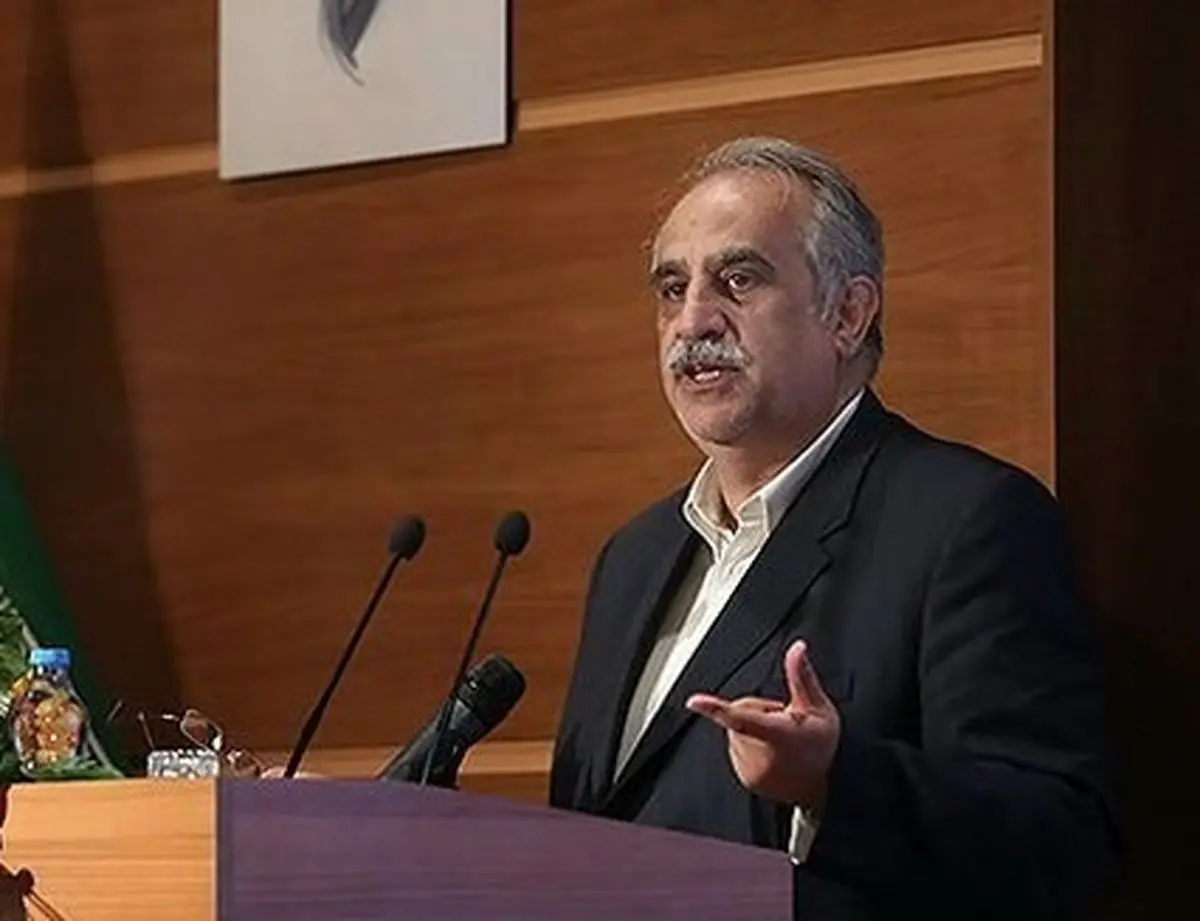Iran change economy ministry presents roadmap

Hassan Rouhani Tuesday named Masoud Karbasian as his pick for the position of economy minister during his second four-year tenure as Iran’s president.
Karbasian currently heads the Islamic Republic of Iran Customs Administration. His official bio shows he has a PhD in commercial management and earlier served as deputy ministers for industries, petroleum and commerce. He has been awarded the Order of Merit and Management—an Iranian state award presented by the president of Iran in recognition of “exceptional success in management, distinguished activities, aiding the oppressed and deprived people”.
Based on a plan of action, the ministerial nominee will follow seven strategies.
The first priority of the minister-to-be is denationalization and strengthening a production-based and inclusive economy. Iran’s structural, decades-long economic challenges are rooted in its state-owned economy, which will be overcome by improving business environment and fostering the participation of private sector and real privatization, according to a manifesto he published a few days ago.
Karbasian, who is to replace Ali Tayyebnia, plans to provide sustainable financial resources for the government, wean the budget off its reliance on oil revenues through the expansion of capital and debt markets, keep in check the government’s current budget and bolster tax revenues.
Promoting transparency and freedom of information, simplifying rules and regulations to solve problems such as rent-seeking and facilitating a corruption-free business environment are placed high on the future ministry’s agenda.
Karbasian aims to advance economic extroversion and internationalization, if approved as economy minister. He plans to reap the fruits of the Joint Comprehensive Plan of Action with the help of a professional, well-informed management team.
Job creation, promotion of social justice and equity, improvement of people’s standard of living and raising the average income, besides putting in place structural and institutional reforms are other strategies mapped out for the upcoming Economy Ministry.
END
